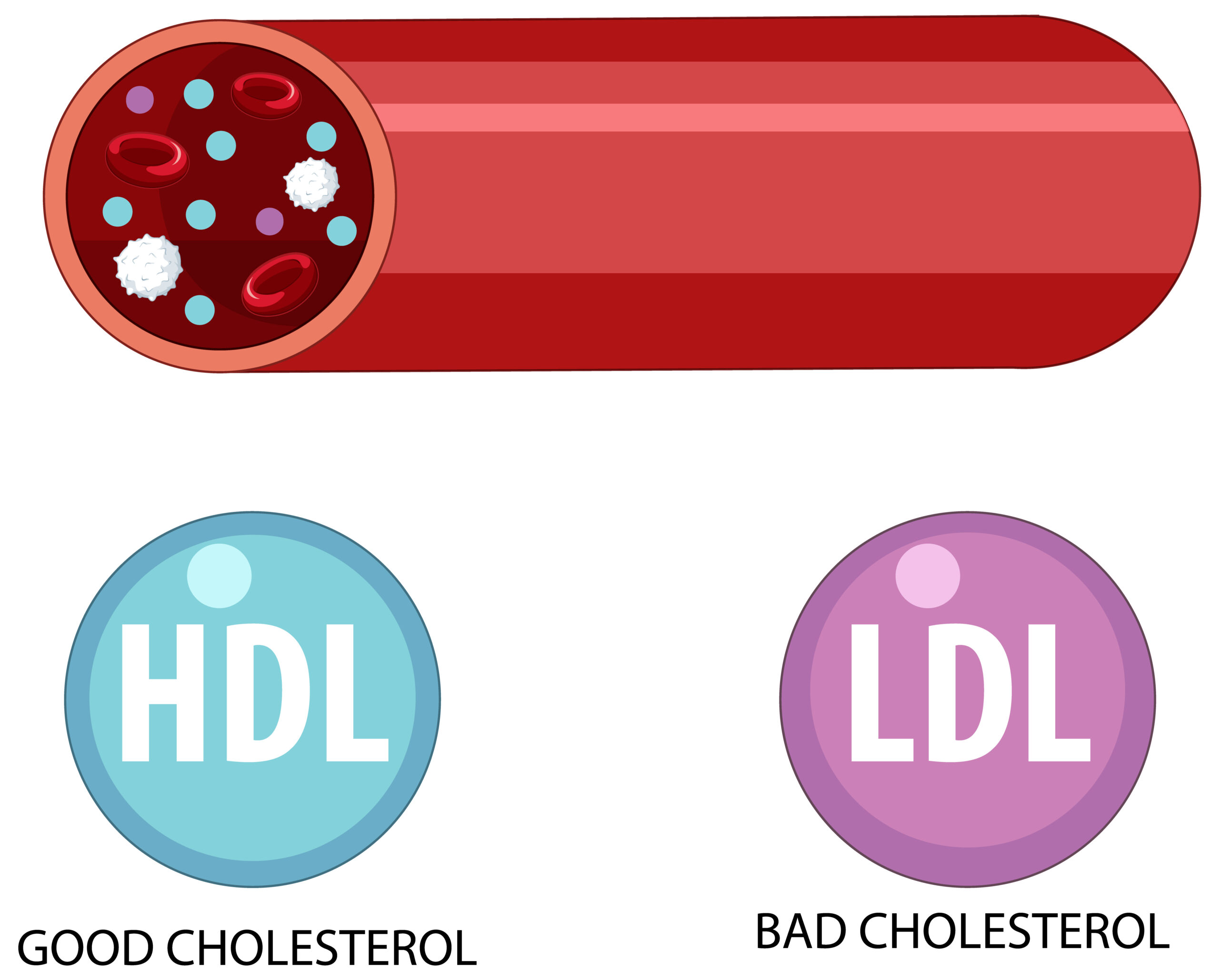Colorectal cancer, which affects the colon and rectum, is one of the most common types of cancer worldwide. The good news is that colorectal cancer is often preventable, especially if you are aware of the risk factors. Some risk factors are beyond your control, such as age or genetics, but many lifestyle-related factors can be modified to reduce your risk. Understanding these factors can help you take preventive measures to lower your chances of developing colorectal cancer.
Here are 15 things that can increase your risk of colorectal cancer:
1. Age Over 50
Age is one of the biggest risk factors for colorectal cancer. The risk significantly increases after the age of 50, and most cases are diagnosed in people over this age. While colorectal cancer can occur in younger people, routine screenings are recommended starting at age 50 to catch any abnormalities early.
2. Family History of Colorectal Cancer
If you have a family history of colorectal cancer or polyps, your risk increases. This is particularly true if a first-degree relative (parent, sibling, or child) has had colorectal cancer. Genetic mutations, such as Lynch syndrome or familial adenomatous polyposis (FAP), can also raise your risk.
3. Personal History of Polyps
If you’ve previously had adenomatous polyps, which are benign growths in the colon or rectum, your chances of developing colorectal cancer are higher. Not all polyps turn into cancer, but the risk increases if they are large or multiple.
4. Inflammatory Bowel Disease (IBD)
Conditions like Crohn’s disease and ulcerative colitis can increase your risk of colorectal cancer. The longer you have had IBD and the more severe the inflammation, the higher the risk. Regular screenings and monitoring are essential if you have IBD.
5. Lack of Physical Activity
Leading a sedentary lifestyle can contribute to the development of colorectal cancer. Regular physical activity is important because it helps maintain healthy digestion and prevents obesity, which is another significant risk factor for this type of cancer.
6. Obesity
Obesity has been linked to an increased risk of many cancers, including colorectal cancer. Excess body fat, particularly around the abdomen, can contribute to inflammation and other metabolic changes that may lead to cancer.
7. Unhealthy Diet
A diet high in red and processed meats, such as beef, pork, bacon, and hot dogs, has been associated with a higher risk of colorectal cancer. These foods contain chemicals that can damage the lining of the colon. Additionally, low fibre intake can contribute to colorectal issues, as fibre aids in digestion and reduces inflammation.

8. Smoking
Smoking is a well-known cause of several cancers, including colorectal cancer. Long-term smokers are more likely to develop and die from colorectal cancer than non-smokers. The harmful chemicals in tobacco can damage the DNA in cells, leading to mutations.
9. Heavy Alcohol Consumption
Excessive alcohol consumption, especially when it involves more than one drink per day for women or two drinks per day for men, can increase your colorectal cancer risk. Alcohol can damage the cells in your digestive tract, leading to an increased risk of cancer development.
10. Type 2 Diabetes
People with type 2 diabetes have a higher risk of colorectal cancer. Diabetes and insulin resistance can contribute to increased inflammation and higher levels of certain growth factors, which may promote the development of cancer cells.
11. Radiation Therapy for Other Cancers
If you’ve undergone radiation therapy in the past, particularly to treat other cancers in the abdominal or pelvic area, your risk of developing colorectal cancer later in life may increase. Radiation can damage healthy cells and lead to cancerous changes.
12. Previous Cancer Diagnosis
If you’ve been diagnosed with cancer in the past, especially ovarian, breast, or testicular cancer, your risk of developing colorectal cancer increases. This risk is often related to treatments or shared risk factors like genetics and lifestyle.
13. Chronic Low-Level Inflammation
Chronic inflammation in the digestive tract, whether caused by infection, autoimmune diseases, or obesity, can increase your risk of colorectal cancer. Inflammation contributes to DNA damage, which increases the likelihood of cancerous changes in the colon and rectum.
14. Genetics and Hereditary Conditions
Hereditary conditions, such as Lynch syndrome and familial adenomatous polyposis (FAP), are rare but significantly increase the risk of colorectal cancer. If you have a family history of these genetic conditions, it’s crucial to talk to your doctor about screening options.
15. Lack of Routine Screenings
One of the most preventable factors is not getting screened regularly for colorectal cancer. Colonoscopy and other screening tests can detect polyps before they become cancerous or catch cancer at an early stage when it’s most treatable. If you are over 50 or have additional risk factors, regular screenings are essential.
Conclusion
Colorectal cancer is a serious condition, but many of the risk factors are modifiable. By adopting a healthy lifestyle that includes a balanced diet rich in fibre, regular exercise, limiting alcohol and smoking, and undergoing routine screenings, you can reduce your chances of developing colorectal cancer. If you have a family history or other risk factors, it’s important to stay informed and consult your healthcare provider about the best ways to protect your health. Early detection can save lives, so don’t delay in taking steps to lower your risk and stay proactive about your colorectal health.









